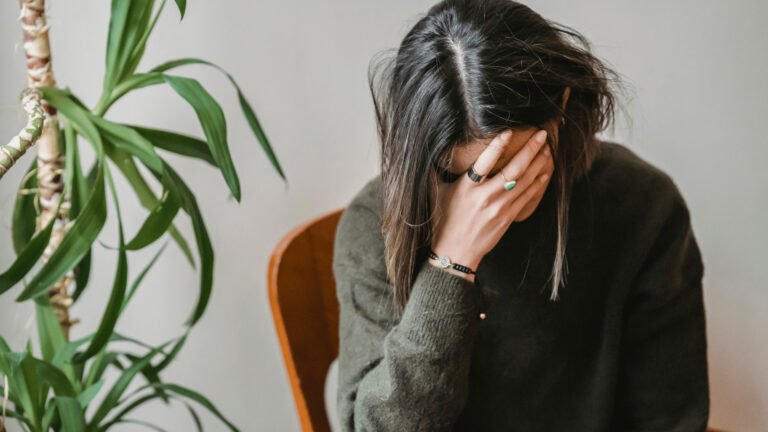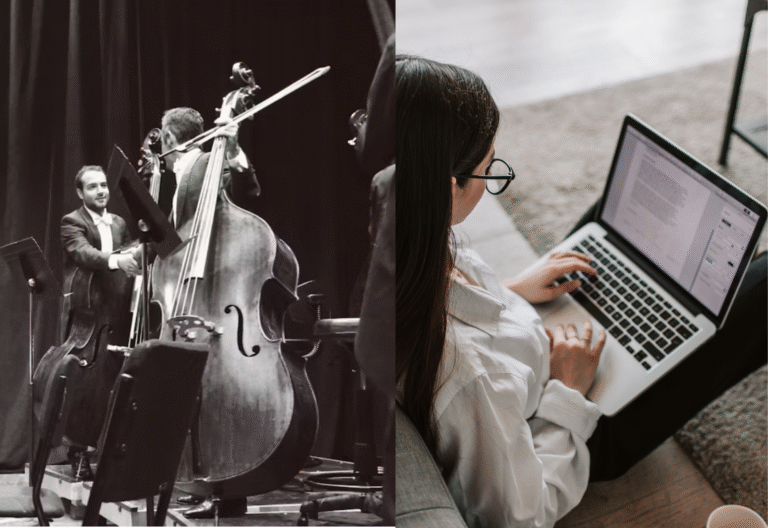In our rapidly changing world, the talk of Artificial Intelligence (AI) taking over all human jobs has become a hot topic. People wonder if machines will replace us entirely or if there’s a way for humans and AI to work together.
Firstly, AI can do some things really well, like repetitive tasks and handling tonnes of information supremely-very fast.
But, it’s not good at everything.
When it comes to feelings, creativity, and making tricky decisions, that’s where humans shine. For example, if I ask Bard or ChatGPT, there are few jargons that are seen repeatedly and then you know that “dude! This is no way original.”
So, the big question isn’t just about losing jobs but figuring out how AI changes the way we work.
As companies use more AI, jobs are indeed changing. But it has helped make things cost-effective by getting it done in a few minutes, but will they replace humans completely?
No! We don’t think so.
"
In this article will explore how AI is shaking things up, making us rethink what skills we need.
So, let's jump into the world of AI!
5 Reasons why AI may Never Replace Humans.
1. AI’s Limitations and Advantages
AI has made remarkable strides in various fields, demonstrating its potential to automate tasks and processes. However, it is essential to acknowledge the current limitations of AI technology.
While AI excels at repetitive and data-driven tasks, it struggles with tasks that require emotional intelligence, creativity, and decision-making. The advantages of AI lie in efficiency, accuracy, and the ability to process vast amounts of data at unprecedented speeds. It is good at research, procuring and processing information but at the same time, cannot replace the creativity and emotional quotient that humans possess.
Artificial Intelligence is missing the subtle and complex interconnections that a human can quickly grasp. This limitation is especially critical in critical decision-making scenarios.
2.Revolution in the Job Sector that anyway need Humans
The rise of Artificial Intelligence (AI) has undeniably sparked a revolution in the job sector. While concerns about automation replacing routine and manual jobs are valid, history offers a valuable perspective. Technological advancements, like the Industrial Revolution, initially displaced workers but ultimately created new opportunities.
Similarly, AI is giving birth to novel roles such as:
- AI specialists,
- data scientists, and
- automation engineers,
demanding new skillsets.The key to navigating this revolution lies in adaptation and reskilling.
Investing in education and training programs that equip individuals with the necessary skills for emerging AI-driven jobs is crucial. This includes fostering creativity, critical thinking, and problem-solving abilities, along with technical expertise in data analysis, computer science, and AI ethics.
By embracing lifelong learning and cultivating adaptability, we can ensure that this revolution empowers individuals rather than displaces them. The future of work demands a collaborative approach where AI complements human skills, paving the way for a more efficient, innovative, and inclusive job landscape.
3. New Skills Requirement For AI Related Field
As AI takes on routine and repetitive tasks, a shift occurs, placing a heightened emphasis on skills that set humans apart from machines. Critical thinking, adaptability, and problem-solving have surged to the forefront of essential abilities.
The automation of routine tasks by AI means that humans can redirect their efforts towards tasks requiring uniquely human qualities. This redirection necessitates a reevaluation of skill priorities. Creativity, for instance, becomes an invaluable asset as it is a domain where human ingenuity excels, challenging the very nature of what machines can replicate.
Furthermore, emotional intelligence, a distinctively human trait, gains prominence. AI lacks the ability to understand and respond to emotions in the nuanced way humans can, making emotional intelligence a sought-after skill.
Complex problem-solving, another human forte, becomes a cornerstone in this AI-driven era, where intricate challenges require a blend of analytical thinking and creativity.
4. Collaboration between AI and Humans is a new Opportunity now!
While it may seem that the collaboration of humans with machines is something unusual, it is actually a process that has been going on for many years in a much more organic way than we imagine. In fact, the collaboration between humans and machines occurs all the time and everywhere, and an example of this is automobiles.
However, it is true that relatively recently, we are entering a new stage in the relationship between machines and humans. In recent years we have become accustomed to recommendation algorithms, chatbots, and virtual assistants, and now the big trend is generative AIs that produce results in response to the inputs we provide, such as Chat GPT or Midjourney.
Tesla also stands as a prime example of the successful collaboration between AI and humans. While AI, integrated into Tesla’s electric vehicles, manages repetitive tasks like autonomous driving, but still human ingenuity remains pivotal in decision-making, problem-solving, and innovation.
5. Ethical Considerations needs Human Interference
The integration of AI raises ethical concerns that need careful consideration.
Concerns surrounding job displacement, potential biases in AI algorithms, and privacy implications demand meticulous attention. Striking a balance between the benefits of AI and the ethical implications is crucial for responsible implementation.
As we embrace the transformative power of AI, a conscientious approach ensures that advancements in technology align with our ethical principles, nurturing a peaceful coexistence between innovation and human creativity.
6. Transforming Various Aspects of Work with AI
By Considering AI as an Asset and not a Liability.
AI’s impact extends beyond reshaping job roles; it’s revolutionising work dynamics and transforming different aspects of work. It’s bringing about a change in the way we work. Companies adopting AI technologies are witnessing increased productivity, cost savings, and improved customer experiences. Customer experiences are also undergoing a digital transformation, with AI-powered chatbots and virtual assistants offering seamless and personalised interactions.
This revolution in work is not just about replacing humans with machines. It’s about creating a more collaborative and efficient work environment where human ingenuity and AI’s processing power can combine to unlock unprecedented outcomes.
Let’s Take an Example of Elon Musk and Tesla!
Elon Musk, the visionary leader behind Tesla, embodies this collaborative spirit. He recognizes AI’s potential to enhance human capabilities while simultaneously acknowledging its limitations. At Tesla, AI is not seen as a replacement for human ingenuity but rather as a powerful tool to augment and amplify human potential. This vision of collaboration is evident in Tesla’s self-driving technology, where AI handles the intricate calculations, while human oversight remains crucial for decision-making.
The story of Elon Musk and Tesla serves as a powerful illustration of how humans and AI can work together to shape the future. By embracing AI as a tool for collaboration rather than competition, we can unlock a future where human creativity and innovation are amplified by the power of machine intelligence. As we navigate this exciting new chapter, it’s imperative to remain mindful of the ethical considerations and ensure that AI is used responsibly and ethically for the benefit of all.
demanding new skillsets.The key to navigating this revolution lies in adaptation and reskilling.
Investing in education and training programs that equip individuals with the necessary skills for emerging AI-driven jobs is crucial. This includes fostering creativity, critical thinking, and problem-solving abilities, along with technical expertise in data analysis, computer science, and AI ethics.
By embracing lifelong learning and cultivating adaptability, we can ensure that this revolution empowers individuals rather than displaces them. The future of work demands a collaborative approach where AI complements human skills, paving the way for a more efficient, innovative, and inclusive job landscape.
Final Thoughts
The idea that AI will replace all human jobs is an oversimplification of a complex and nuanced reality. While AI poses challenges, it also presents opportunities for innovation and growth. The key lies in understanding the limitations and advantages of AI, adapting to the evolving job landscape, and fostering collaboration between AI and humans. By addressing ethical considerations and embracing a proactive approach to education and upskilling, we can navigate the transformative impact of AI on the world of work.


























